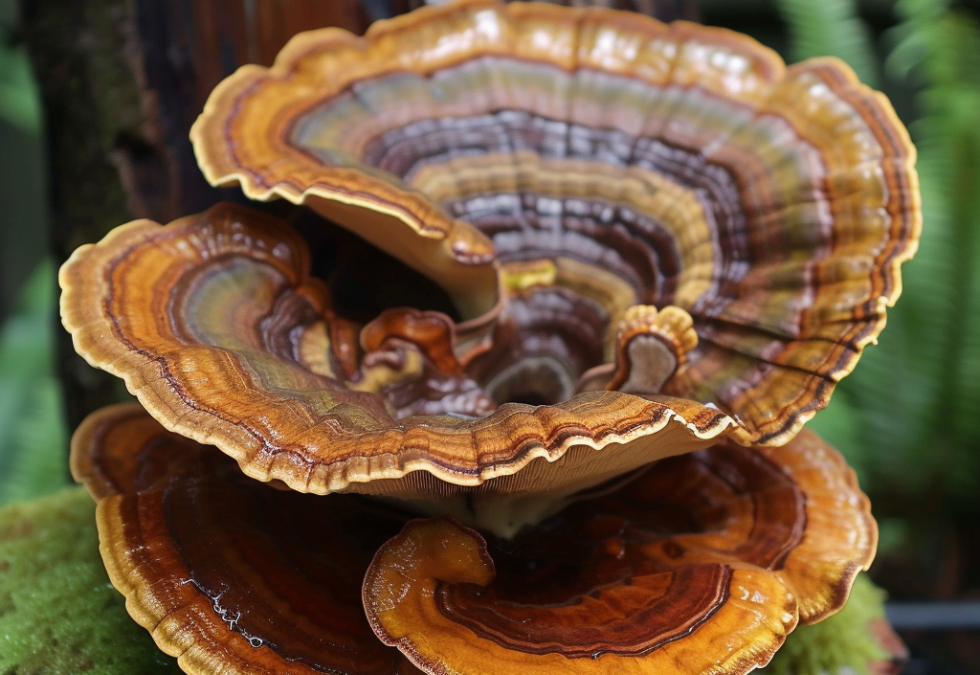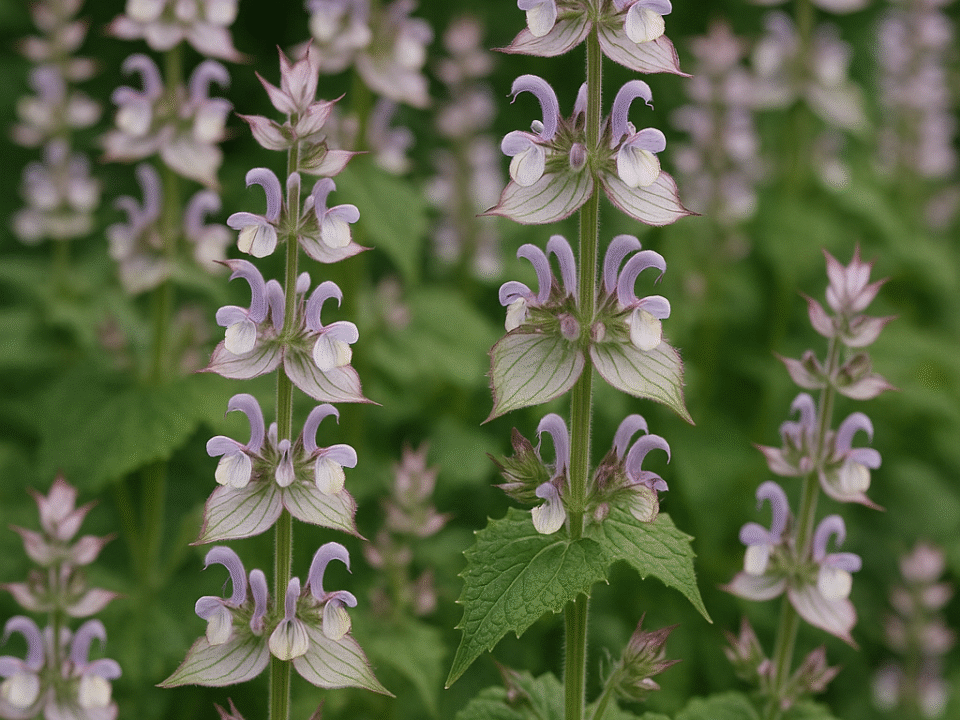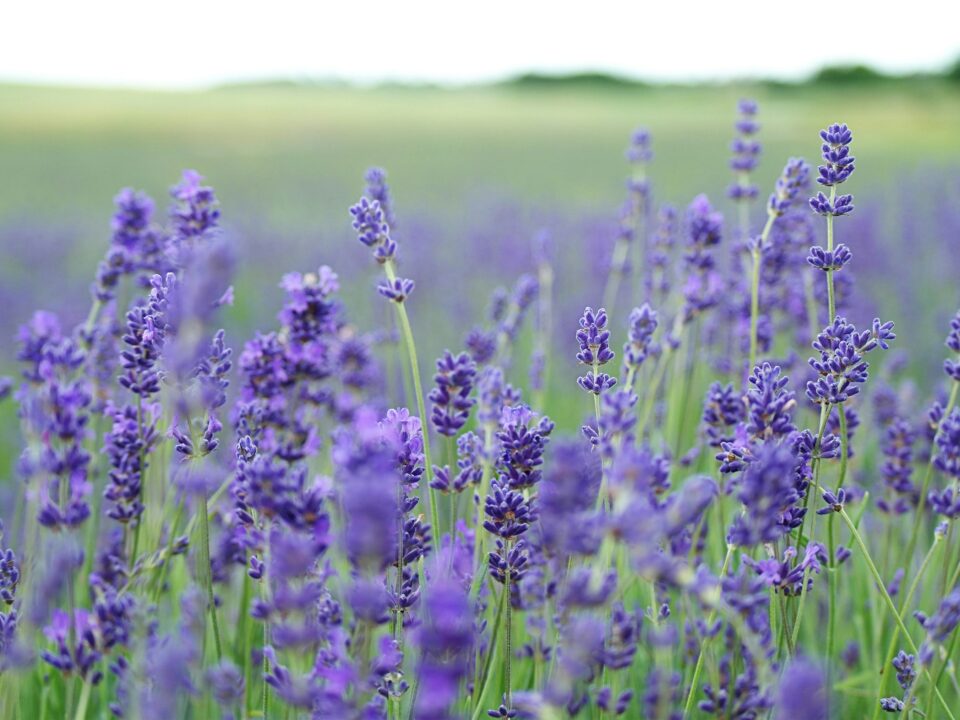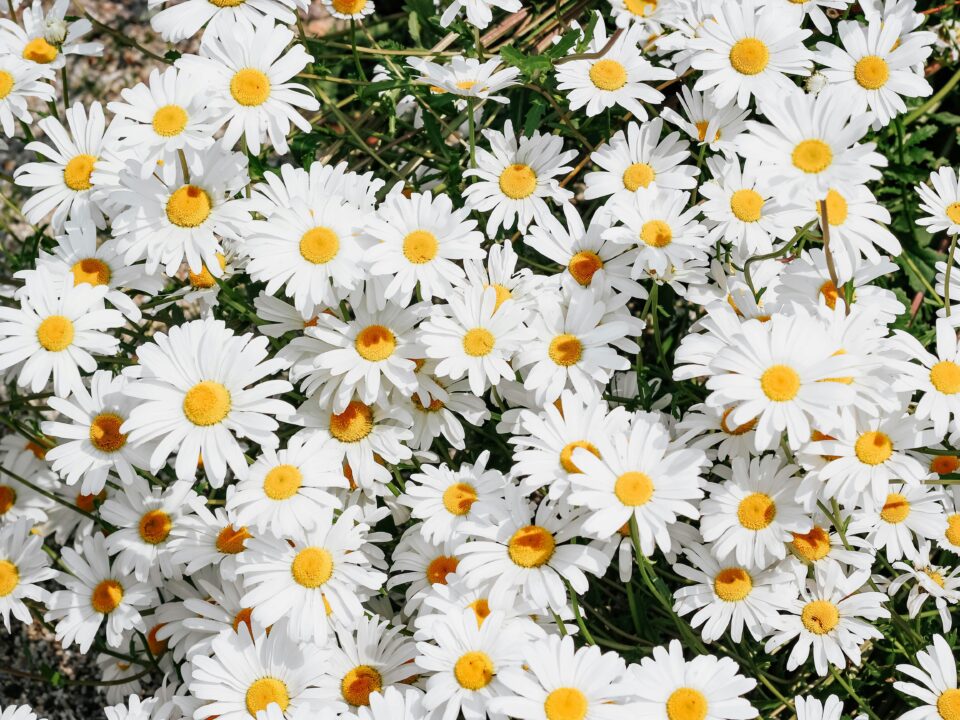
Lingzhi, scientifically recognized as Ganoderma sichuanense and also referred to as reishi or Ganoderma lingzhi, is a type of polypore fungus native to East Asia, classified within the genus Ganoderma. This fungus is characterized by its distinctive reddish-brown, varnished, kidney-shaped cap, adorned with bands and featuring a peripherally inserted stem, creating a fan-like appearance. In its fresh state, lingzhi presents a soft, cork-like texture and is flat, notably lacking gills underneath, instead dispersing spores through fine pores in a yellow hue.
The natural habitat for lingzhi is at the base and stumps of deciduous trees, notably maples, where its presence is rare—emerging on only two or three out of every 10,000 trees. Despite its rarity in the wild, lingzhi can be cultivated on mediums such as hardwood logs, sawdust, or woodchips.
Historically revered as the “mushroom of immortality” for over two millennia in Asia, evidence even suggests its utilization in Neolithic China around 6,800 years ago. Its reputation for promoting longevity and health has made lingzhi a subject of ancient lore and modern science alike.
Today, lingzhi mushrooms are predominantly cultivated, with commercial manufacturing processes established since the early 1970s. These processes involve growing lingzhi on various substrates, including sawdust, grain, and wood logs, before harvesting the fruiting body. Once harvested, lingzhi is typically dried, ground, and then processed into forms suitable for consumption, such as tablets, capsules, tea, or soup. Additionally, products derived from lingzhi include processed fungal mycelia or spores, and innovative uses such as creating mycelium bricks have been explored.
Reishi mushrooms offer a plethora of health benefits, particularly known for their potential to cure infections and complement cancer treatment through their antioxidant-rich, immune-boosting properties. These mushrooms serve as adaptogens, aiding the body in managing stress and fatigue, and have a profound impact on skincare. They are effective in fighting free radicals, alleviating skin redness and irritation, deeply hydrating the skin, and fading acne scars through the inhibition of melanin production.
These mushrooms are rich in potent antioxidants, specifically ergothioneine and reduced glutathione, which are crucial in preventing premature aging by neutralizing free radicals and offering additional protection against the sun’s harmful rays. The adaptogenic properties of reishi mushrooms, which help the body adapt to stress and fatigue, also extend to the skin, soothing and calming it while effectively reducing inflammation and redness. This is particularly significant as inflammation is often the precursor to skin aging.
Moreover, reishi mushrooms are renowned for their deeply hydrating effects, attributed to the polysaccharides they contain. These polysaccharides act as humectants, attracting moisture to the skin, thus providing deep hydration, diminishing the appearance of fine lines and wrinkles, and reinforcing the skin’s moisture barrier.
Beyond hydration, reishi mushrooms offer benefits in fading acne scars by inhibiting the enzyme tyrosinase, which is responsible for melanin production. This inhibition aids in reducing skin pigmentation and discoloration, showcasing reishi’s capability in enhancing skin tone and texture
Given their immune-modulatory effects, reishi mushrooms are generally well-tolerated across different skin types, including sensitive skin, by reducing the likelihood of allergic reactions. However, individuals who are pregnant, breastfeeding, have low blood pressure, or suffer from clotting or bleeding disorders are advised to exercise caution or avoid reishi mushrooms due to insufficient research on potential side effects and specific health concerns.
For topical skincare applications, reishi mushrooms are considered safe and highly beneficial. Recommendations for use include applying reishi-based products, such as creams or serums, as part of a daily skincare routine, ensuring they are used in the correct order for maximum efficacy. These practices underscore the versatility and wide-ranging benefits of reishi mushrooms, both as a dietary supplement and a valuable component of skincare regimens.



